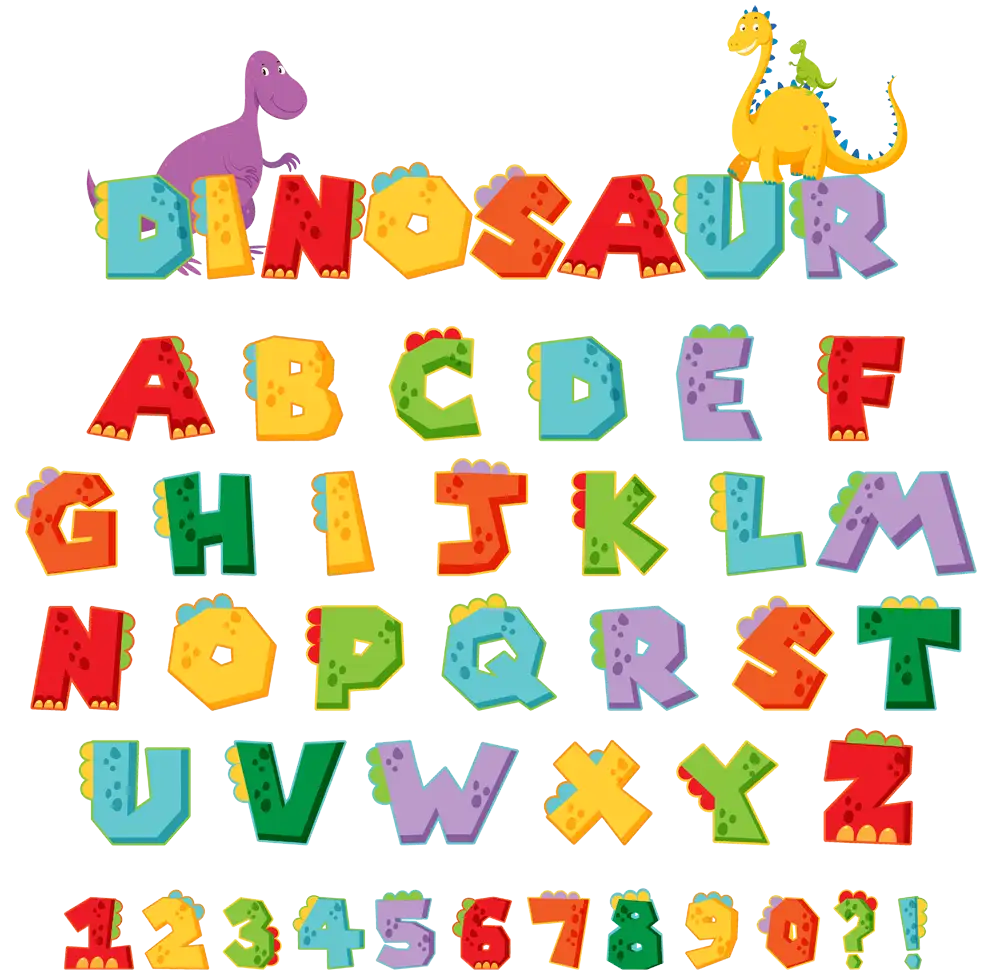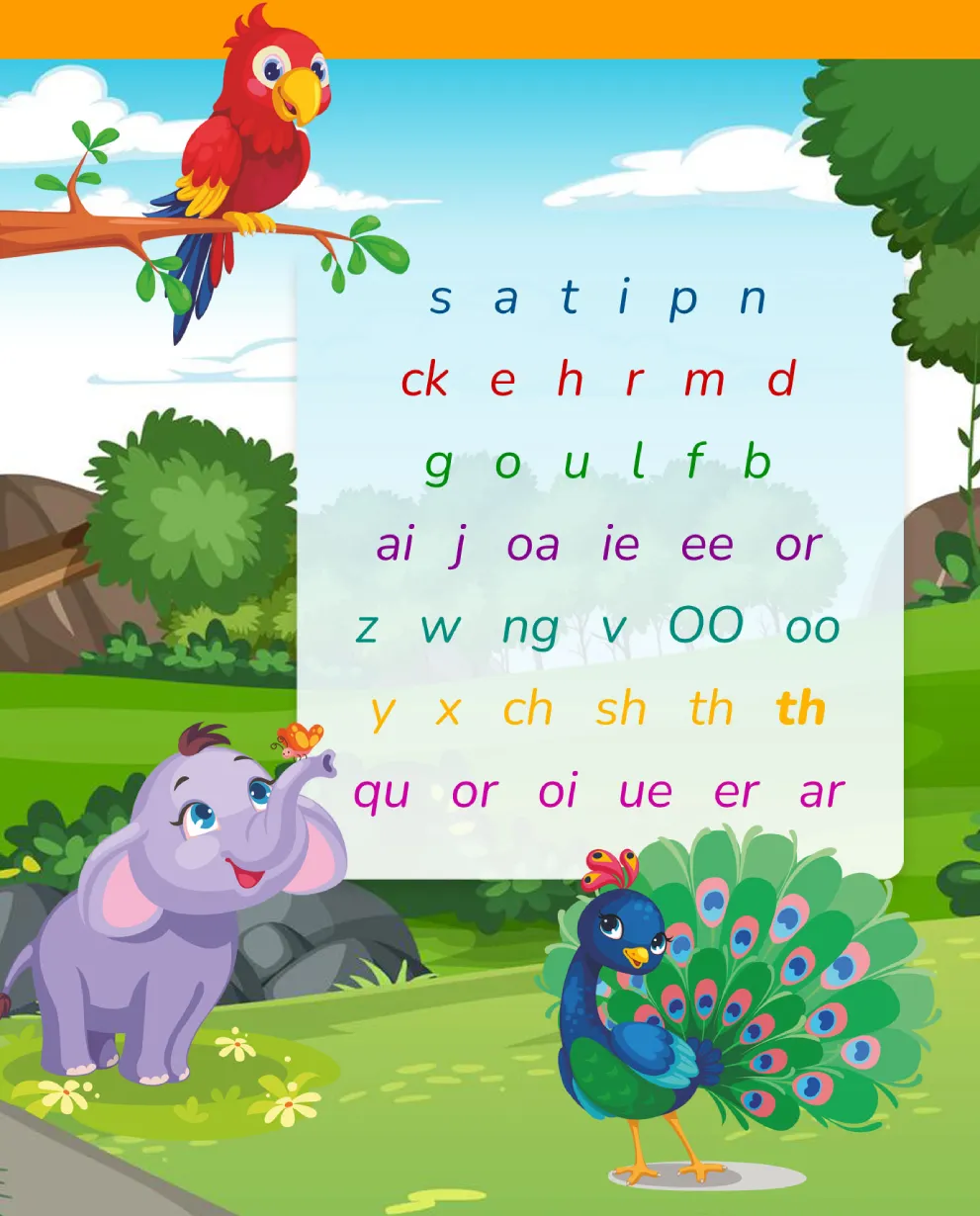
Curriculum
The Toddler House follows The Early Years Foundation Stage (EYFS) British curriculum and also includes some of the Montessori elements. We believe children learn through positive experiences around areas of interest. When we plan, we plan ideas for play based learning around interests and themes. We make use of Jolly phonics and Numicon to support learning. Please remember that development differs from child to child. We like to focus on what your child can do rather than what they can’t.
Our Programme in a nut shell
What is Jolly Phonics?
Jolly Phonics is a fun and child centred approach to teaching literacy through synthetic phonics. With actions for each of the 42 letter sounds, the multi-sensory method is very motivating for children and teachers, who can see their students achieve. The letter sounds are split into seven groups as shown.
Letter Sound Order
The sounds are taught in a specific order (not alphabetically). This enables children to begin building words as early as possible.
How does Jolly Phonics work?
Using a synthetic phonics approach, Jolly Phonics teaches children the 5 skills for reading and writing. The 3 out of 5 skills taught in Jolly Phonics at The Toddler House Nursery
Learning the letter sounds (Age 1- 4)
Children are taught the 42 main letter sounds. This includes alphabet sounds as well as digraphs such as sh, th, ai and ue.
Learning letter formation (Age 2- 4)
Using different multi-sensory methods, children learn how to form and write the letters.
Identifying the sounds in words
(Segmenting) (Age 3-4)
Listening for the sounds in words gives children the best start for improving spelling.
Through the multi-sensory activities and mathematical language of Numicon, your child will develop the understanding and skills that underpin their later understanding of number.

Our Science program will provide the opportunity for children to develop a range of skills, either explicitly or implicitly through the following:
- Explore objects and materials.
- Raise questions.
- Make careful observations.
- Engage in simple investigations.
- Describe (including shape, size, number, compare, sort, classify, and order.)
- Record observations using words and pictures
- Use a variety of simple tools to extend observations.
- Identify patterns.
- Work collaboratively with others.
- Share and discuss ideas and listen to new perspectives.
Life Skills – will help instill important qualities such as responsibility, self- control, discipline, self – reliance, concern for community and empathy.
Assess your child’s progress and work through their personalized portfolios and progress card: The personalized portfolio will display your child’s work done throughout the year. Children are assessed constantly throughout the year and the progress card will highlight all of the areas in which your child has developed. We send out two reports during an academic year. The first report is sent home at the end of Term 1 and the second is sent home at the end of term 3.
We believe that Family Involvement is crucial in a child’s education that requires a partnership between parents and teachers. We keep you informed with newsletters on the nursery application.
Activities
Daily Schedule
A regular day at nursery comprises of a mix of academics and co-curricular activities. Please click on the button below to know the activities of the following age group:

